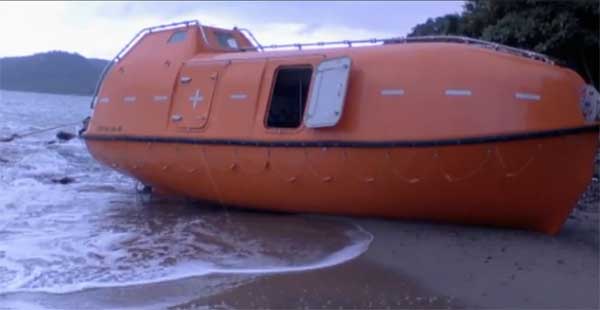In Australian politics, improving life for refugees in the Asia-Pacific region only seems to get a mention when politicians are trying to calm anger generated by the major parties’ punitive and damaging policies targeted at people seeking asylum.
But what would it take to move beyond talk about regional cooperation to implementing changes which make an appreciable difference to the lives of refugees and asylum seekers in the region?
In my nine years as CEO of the Refugee Council of Australia and three years as a Steering Committee member of the Asia Pacific Refugee Rights Network, I have spent a lot of time talking to NGO and refugee community leaders in Asia about the issues faced by refugees, seeking their ideas about how Australia might make a positive difference.
I have drawn a few clear conclusions.
The first is that it is really in everyone’s interest – particularly Australia’s – to see refugees and asylum seekers better treated and better protected much closer to their countries of origin.
No-one wants to see large numbers of refugees embarking on dangerous journeys in a desperate effort to get to a basic level of safety and legal protection and meet their most pressing needs.
Many asylum seekers in Indonesia right now are struggling to find basic shelter or enough to eat. In Malaysia, refugees live in constant fear of arrest and detention. Rohingya refugees in Bangladesh survive in appalling conditions around Cox’s Bazaar and Afghan refugees are under constant threat of terrorist attack in Pakistan.
The first step to making a difference is to listen to and understand the practical problems which are making life unbearable for the region’s refugees.
My second conclusion is that current forms of high-level international dialogue in the region have achieved virtually nothing for refugees. We need to shift focus to steps that two or three interested countries can achieve, working together with the UN agencies and NGOs and focusing on the problems which matter most to refugees and asylum seekers in a particular country.

Forget about the Bali Process. In 13 years, it has focused almost exclusively on border security and anti-smuggling initiatives and done almost nothing to tackle the problems which compel refugees to keep moving.
The chief concerns of refugees are basic and unsurprising: being able to work to support themselves; education for their children; health care for all the family; accessing a timely and fair refugee determination process; having a basic level of secure legal status while this happens; and being free from immigration detention.
My third conclusion is that we need to rethink the concept of “transit” and “destination” countries and the prevailing view in Australia that resettlement is the only answer for refugees in Asia. Last year, only 30,661 (0.9 per cent) of the 3.94 million refugees between Iran and Indonesia were resettled through UNHCR processes. At this rate, resettling all of them would take more than 100 years.
Most refugees I have spoken with think about resettlement only when there are no prospects of safe return home or no prospects of remaining viably where they are. We need to work simultaneously to expand all three of these long-term answers: safe return, integration in the country of asylum and resettlement elsewhere.
Asia is changing. Thailand and Malaysia are now classified by the World Bank as “upper middle income economies” and both are net importers of labour. If we are seriously talking about better sharing of responsibility, Australia must do more but so should Thailand and Malaysia.
Why can’t some of the urban refugees who are currently forced to work illegally be given some form of legal status and the opportunity to make long-term contributions to the Malaysian and Thai economies? This could be done as part of an agreement to continue some resettlement.
In nations with less capacity, like Indonesia and Bangladesh, the focus of international cooperation should be on providing medium-term support to refugees and host communities while longer-term answers are found elsewhere.
There are already some positive measures in the region which can be built on and used as constructive examples for other Asian nations to consider – like access to health care in Iran, long-term visas for refugees in India, official (if not practical) access to education in Thailand and the refugee determination process in the Philippines.
Change is much more likely to come through individual nations taking incremental steps forward, supported by Australia and other nations through offers of refugee resettlement, humanitarian aid and practical cooperation.
However, Australian can’t do this while we continue to force asylum seekers away or lock them up indefinitely. If we ask other nations to do what we are not prepared to do ourselves, our hypocrisy will be all too apparent and our capacity to influence change will be blunted.
I know of small numbers of politicians in both major parties who seriously want to move beyond low-rent politics and are interested in practical answers for refugees which can be acted on now.
There may be others I am yet to meet.
Wherever the political interest lies, my organisation and our NGO colleagues in the Asia-Pacific region are ready to talk at any time.
A longer outline of the ideas in this article can be found here.
Donate To New Matilda
New Matilda is a small, independent media outlet. We survive through reader contributions, and never losing a lawsuit. If you got something from this article, giving something back helps us to continue speaking truth to power. Every little bit counts.




